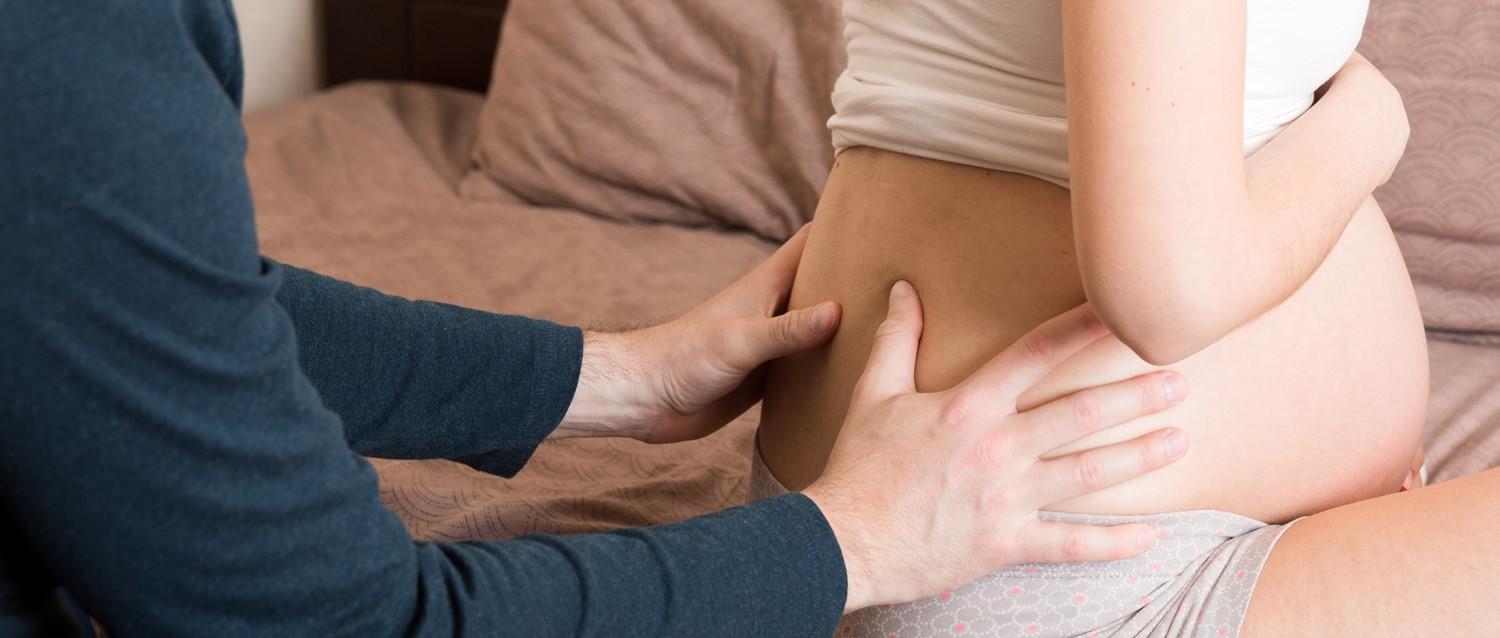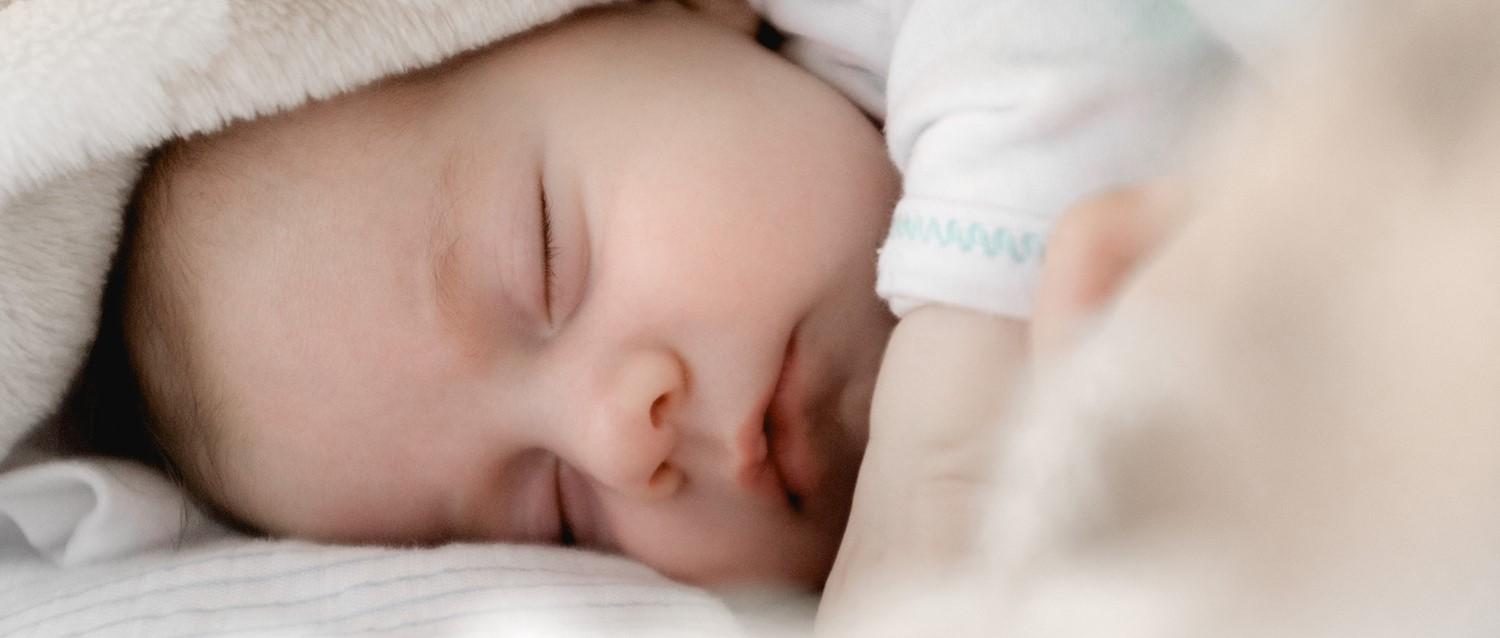
Unassisted birth: is the free birthing trend dangerous?
Peer reviewed by Dr Krishna Vakharia, MRCGPAuthored by Amberley DavisOriginally published 21 Apr 2024
Meets Patient’s editorial guidelines
- DownloadDownload
- Share
- Language
- Discussion
The trend for 'free birthing', - undergoing childbirth without medical support - is causing worry among midwives and doctors. Here we discuss unassisted births, your rights, and the risks it carries.
In this article:
Continue reading below
What is free birth?
If you're pregnant and choose a free birth, this means you're deciding to go through childbirth outside a hospital and without medical assistance or supervision from a midwife, doctor, or any other health professional.
It can also be called an unassisted birth or sometimes wild birth, but not a home birth. While most free births take place at home, home births involve medical assistance - usually two midwives.
It's not a new practise, but free birthing is somewhat of a growing trend, and it's one that is causing concern. Experts are calling attention to the dangers of delivering without the help of someone trained to keep both mother and baby safe.
According to Professor Alison Fiander, clinical lead at the Royal College of Obstetricians and Gynaecologists (RCOG), "as the prevalence of free birthing continues to rise, it underscores the critical role of healthcare professionals, particularly midwives and obstetricians, in guaranteeing safe childbirth."
Why is free birthing on the rise?
Anecdotal reports from experts suggest that free birthing is becoming more popular, and the COVID-19 pandemic was a key driver1:
Many people were motivated by fears surrounding the spread of the virus in hospitals.
At the same time, many home birth services were unavailable in several regions.
More recently, social media influencers have been promoting the trend.
Another long-standing reason why women choose to free birth is having previously experienced a negative or traumatic birth. Personal beliefs also come into play, namely their faith in themselves, and the view that unassisted births are "more natural"1,2.
Is free birth safe?
Free birthing is a radical childbirth choice, because it does increase the risk of injury and even death for both mother and baby, compared with assisted births. Exactly how much this risk increases remains unclear, and the choice is ultimately yours - but health experts offer words of warning.
Melissa Dean - a midwife from California
Melissa has assisted in more than 1500 births over the past 20 years. She has supported a few mothers-to-be in the prenatal care months that were planning to have an unassisted birth. "Each time, I have their birthing partner attend several appointments and I ask them directly a few very important questions:"
Do you feel prepared to manage any complications that might arise during the birth?
Can you help the baby breathe if it needs it?
Can you manage excessive bleeding should that happen?
What is your clear game plan for when things aren't 'normal'?
"If they can answer my questions, and still feel strongly about their choice to birth on their own, then I will support them. After all, it is their birth, and most will unfold without complication."
It's true that, from the limited research on free births, many women report positive experiences. But, as with all natural phenomenon, you never know if childbirth will go to plan - without any issues or complications.
"However, after my many years of experience, I can attest to major bleeding, complications that weren't expected, placentas that didn't want to be born on their own, and babies that needed true life-saving breaths to make it. And, unless you are trained and know when and how to act, both mother and baby could be at risk," says Melissa.
Alison Fiander - a women's health specialist
As clinical lead at the Royal College of Gynaecologists (RCOG), Professor Fiander has an interest in preventable deaths related to pregnancy and childbirth.
"While it's understandable that women may feel compelled to explore different birthing methods, it's crucial to seek proper medical support," she believes.
"Childbirth is a complex process that requires specialised expertise. Women choosing unassisted births must be aware of the potential challenges and delays in getting urgent medical help if there are complications."
Is free birth riskier for some women?
As with home birthing, free birthing will be even riskier for some expectant mothers. This all comes down to your medical history, as well as anything that's picked up during your pregnancy scans that may make childbirth more complicated. For example, if you have a history of:
Ulcerative colitis (UC) and other forms of inflammatory bowel disease (IBD).
Pre-eclampsia or high blood pressure.
A high body mass index (BMI).
Having had a caesarean section (c-section) previously.
Giving birth prematurely before.
Or if during your current pregnancy you find:
An abnormal scan.
You're having more than one baby.
Your baby is in the breech position.
Talking to your doctor or midwife, being aware of any extra risks, and understanding what these could mean is so important for your family's safety.
And for those of you without these extra considerations, Professor Fiander wants you to remember that "emergency intervention may be necessary, even for those of you at low risk."
Continue reading below
Is free birth legal?
Legally in the UK, your choice is protected, although there are some exceptions and things to be aware of.
In rare cases, it may be deemed that some mothers don't have the mental capacity to make the decision themselves. You can find out more about consent and mental capacity.
Midwives and other health professionals can turn to social services, but only if they have concerns your baby is at risk of harm during or after its birth. You should not be referred solely because you decide not to have medical support during labour3.
What about doulas?
A birth doula is a non-medical person who specialises in providing emotional and spiritual support to mothers during childbirth.
While they can offer all-important reassurance and comfort during this time, doulas aren't trained to handle a medical problem, should it arise. This is why having a doula alone still counts as free birthing and carries the same risks. Legally, no one other than doctors and registered midwives can carry out the duties of trained clinical people in childbirth.
For Professor Fiander, midwife-led birthing units can often "serve as a middle ground, offering you close access to all medical care if needed while maintaining a more homely environment than a traditional hospital labour ward."
If you have your heart set on a doula, they should be welcome alongside your medical team wherever you have your baby.
Childbirth is a big time in your life, and what makes you feel comfortable needs to be considered alongside what will best keep both you and baby safe and well. No matter what you ultimately decide, speak to your doctor or midwife and get all the information and advice you can.
Continue reading below
Further reading
Patient picks for Labour and childbirth

Pregnancy
How to feel more confident about childbirth
Everyone experiences pregnancy and childbirth differently, but it is common to feel anxious or scared of labour. Often, we only encounter labour and birth on the TV, where it is unrealistically represented as dramatic, excruciating and very medicalised. Unsurprisingly, this can lead many pregnant people to fear the process and question whether they will cope. So how can women feel more confident about childbirth?
by Lydia Smith

Pregnancy
What it's like to give birth on Christmas Day
Being of the male persuasion, I’m not technically qualified to offer an opinion on what it’s like to give birth on 25th December, or any other day for that matter. However, as a father who spent Christmas 2013 supporting my wife through the delivery of our first child, I do have a little experience.
by Danny Chadburn
Continue reading below
Article history
The information on this page is peer reviewed by qualified clinicians.
Next review due: 21 Apr 2027
21 Apr 2024 | Originally published
Authored by:
Amberley DavisPeer reviewed by
Dr Krishna Vakharia, MRCGP

Ask, share, connect.
Browse discussions, ask questions, and share experiences across hundreds of health topics.

Feeling unwell?
Assess your symptoms online for free
Sign up to the Patient newsletter
Your weekly dose of clear, trustworthy health advice - written to help you feel informed, confident and in control.
By subscribing you accept our Privacy Policy. You can unsubscribe at any time. We never sell your data.